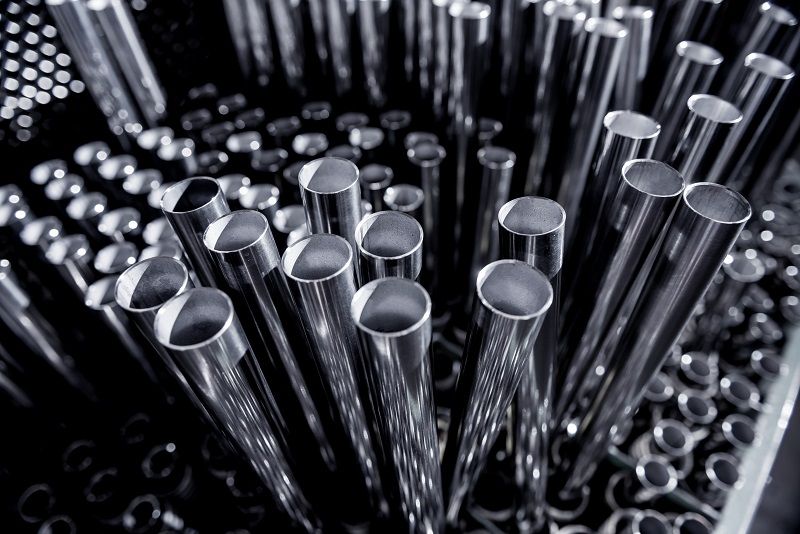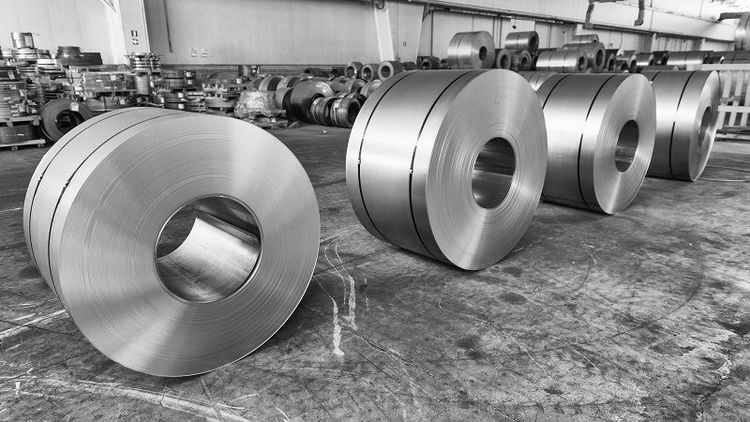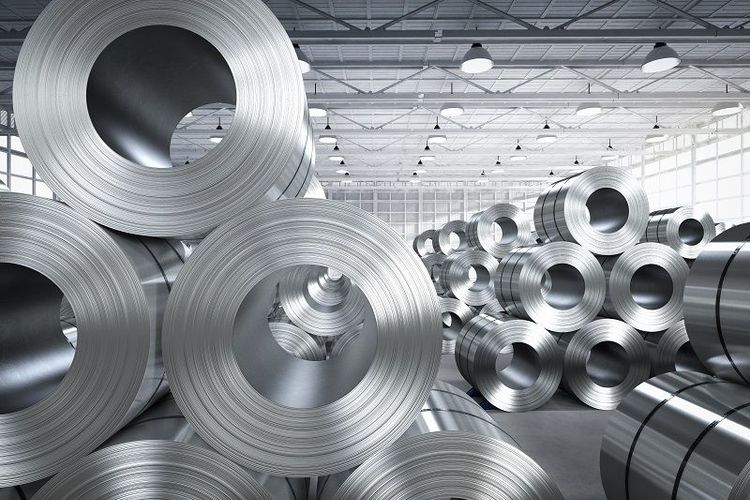How to Optimise Corrosion Resistance in Stainless Steel?
While stainless steel is already highly resistant to corrosion, several steps can be taken to optimise its performance in different environments. These steps include:
There are several steps that can be taken to optimise the corrosion resistance of stainless steel in different applications. Some of these include:
1. Choosing the Right Grade of Stainless Steel- Stainless steel is available in a wide range of grades, each of which is designed for specific applications. The grade of stainless steel that is used will depend on factors such as the type of environment it will be exposed to, the level of corrosion resistance required, and the strength and durability needed for the application.
For example, if the stainless steel will be used in a marine environment, a grade such as 316 stainless steel may be the best choice. This grade contains molybdenum, enhancing its corrosion resistance in saltwater environments. In contrast, if the stainless steel will be used in a high-temperature environment, a grade such as 310 stainless steel may be more suitable due to its high-temperature resistance.
2. Proper Cleaning and Maintenance - Even though stainless steel is highly resistant to corrosion, it is still essential to clean and maintain it properly to ensure optimal performance. Over time, dirt, grime, and other contaminants can build up on the stainless steel's surface, compromising its corrosion resistance. Therefore, it is essential to clean stainless steel surfaces using mild detergent and water regularly.
In addition, any scratches or damage to the surface of the stainless steel should be repaired as soon as possible. This will help prevent corrosion in these areas and ensure the longevity of the stainless steel.
3. Proper Fabrication and Finishing - The way stainless steel is fabricated and finished can also impact its corrosion resistance. For example, if the stainless steel is welded using improper techniques, it can cause the chromium oxide layer to break down, which can lead to corrosion. Therefore, it is essential to use proper welding techniques and ensure proper fabrication and finishing to the stainless steel.
4. Maintenance - Regular cleaning and maintenance can help to keep stainless steel surfaces in good condition and prevent corrosion. This can include using non-abrasive cleaning agents, avoiding using steel wool or other harsh abrasives, and rinsing the surface thoroughly after cleaning.
5. Design considerations: Proper design can also help to optimise the corrosion resistance of stainless steel in different applications. For example, providing proper drainage in a marine environment can help to prevent the buildup of saltwater on stainless steel surfaces, which can lead to corrosion. In addition, avoiding crevices or areas where water can pool can help to prevent pitting corrosion.
In conclusion, stainless steel is a highly durable material with excellent corrosion resistance. Its unique properties make it an ideal choice for various applications, from construction to biomedical engineering. However, even stainless steel can succumb to corrosion if improperly handled and maintained. These best practices can help ensure that stainless steel products continue to function optimally for years.






 +91 7208055523
+91 7208055523
 Help & support
Help & support
